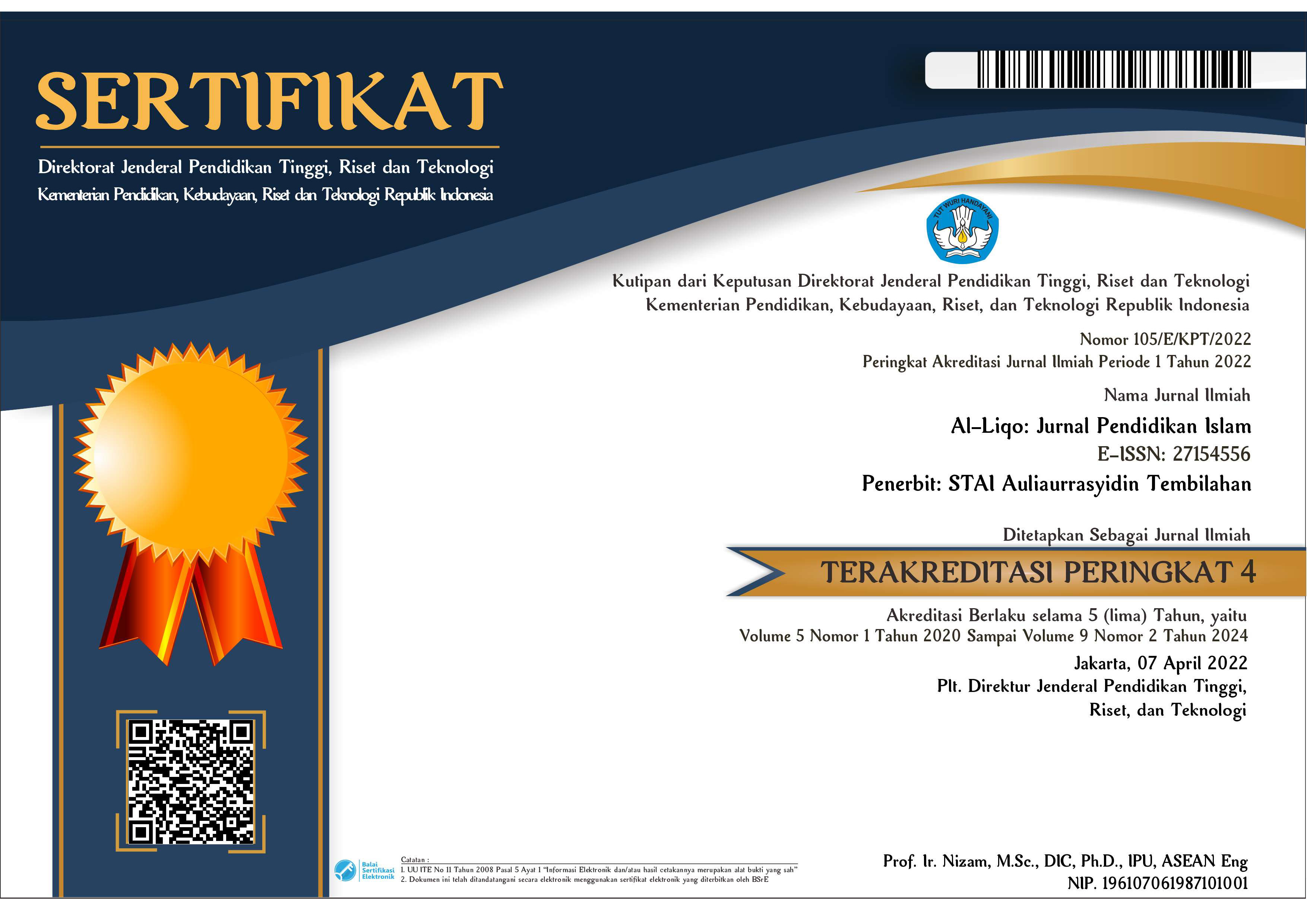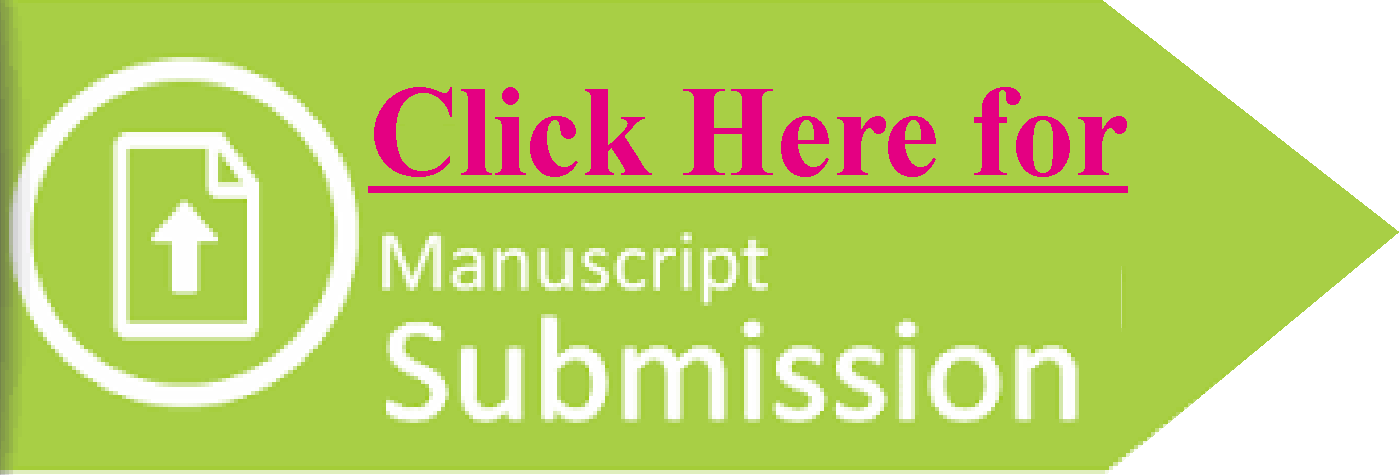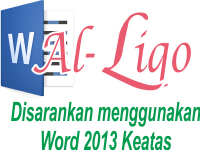Self-Education for Elementary School Orphanage Children
DOI:
https://doi.org/10.46963/alliqo.v8i1.590Keywords:
Independence Education, Orphanage ChildrenAbstract
Independence is the ability to direct and control one's feelings in thinking and acting, being responsible, having self-confidence, and discipline. Being able to control feelings includes the child's self-control and the child's conscience when performing independent behavior. Independence in children is realized if they use their minds in making various decisions, from choosing the learning equipment they want to use, and choosing playmates, to more complicated things. Similar roles and positions through the government and private institutions, one of which is LKSA (child social welfare institution) which was developed as a professional service institution and became the choice to provide child welfare services, that is one way to keep children in good care by accommodating children. The children are in an orphanage, to help improve the welfare of children by educating, caring for, guiding, directing, and providing skills as parents in a family should do to develop children's independence.
Downloads
References
Depdiknas, 2003, Kurikulum, Standar Kompetensi Pendidikan Anak Usia Dini Taman Kanak-Kanak Dan Raudhatul Athfal. Jakarta: Depdiknas
Dyawati M Lisma, Kualitas Pengasuhan Anak dan Celah Kekerasan di Panti Asuhan Anak: Studi Kasus PSAA Darul Aitam Nahdathul Wathan Lombok NTT. Vol. 1, No. 1 Juni 2012., hal 1-24.
https://www.beritasatu.com/megapolitan/831377/bnn-kota-tangerang- bantu- rehabilitasi-anak-jalanan-pecandu-narkoba diakses pada tanggal 20 maret 2022 jam 08:46 WIB
Ketut Made, Studi Evaluasi Efektivitas Program Pegembangan Diri di SMA PGRI 2 Denpasar, Program Pascasarjana Universitas Pendidikan Indonesia, Vol. 4 Tahun 2014, hal. 10.
Kusuma Dwi Putra, 2013, Perkembangan Kemandirian Anak Usia Dini (Usia 4-6 Tahun) di Taman Kanak-Kanak As-Salam Surabaya, Jurnal Mahasiswa Universitas Negeri Surabaya: Volume 01 Nomor 03 Tahun 2013
M. Rosyid Alfazani, Faktor Pengembangan Potensi Diri: Minat/Kegemaran, Lingkungan Dan Self Discolure (Suatu Kajian Studi Literatur Manajemen Pendidikan Dan Ilmu Sosial): Jurnal JMPIS, Volume 2, Issue 2, Juli 2021
Mestika Zed. 2004. Metode Penelitian Kepustakaan. Jakarta: Yayasan Obor Indonesia
Mohammad Ali 2017, Anak Yatim Investasi Akhirat, Media Belajar, Jakarta: Bumi Aksara Marmawi, Persamaan Gender dalam Pengembangan Diri,
Monk.2014, Psikologi Perkembangan (Yogyakarta: UGM Prees)
Novan, 2013 Bina Karakter Anak Usia Dini. Arr- Ruzz Media: Yogyakarta Yamin, 2013, Panduan PAUD, Pendidikan Anak Usia Dini. Jakarta: GP press.
Rini Fitriani, 2016. “Peranan Penyelenggara Perlindungan Anak Dalam Melindungi dan Memenuhi Hak-Hak Anak”. Jurnal Hukum Samudera Keadilan: Volume 11, Nomor 2, Juli 2016
Sanusi M, 2005, Anak Yatim Investasi Akhirat, Media Belajar, Semarang Al-Hafidz Ahsin W,2006, Kamus Ilmu Al-Qur’an, Jakarta: Amzah.
Sofiyatun Triastuti, “Peranan Panti Asuhan Dalam Pemberdayaan Anak Melalui Keterampilan Sablon”. Diklus, Edisi XVI, Nomor 02, September 2012
Sugiyono. 2018. Metode Penelitian Kuantitatif, Kualitatif, R & D. Bandung: CV Alfabeta
Syaikh Muhammad Ali Ash Sabuni, 1993, Rawai’ul Bayan Tafsir Ayat-ayat Hukum Jilid II, terj. Moh.Zuhri dan Qodirun Nur, Semarang: CV. Asy Syifa
Downloads
Published
Issue
Section
License
Copyright (c) 2023 Siti Herawati, Imas Kania Rahman, Wido Supraha

This work is licensed under a Creative Commons Attribution-ShareAlike 4.0 International License.
Authors who publish with this journal agree to the following terms:
1. Copyright on any article is retained by the author(s).
2. The author grants the journal, right of first publication with the work simultaneously licensed under a Creative Commons Attribution shareAlike 4.0 International License that allows others to share the work with an acknowledgment of the work’s authorship and initial publication in this journal.
3. Authors are able to enter into separate, additional contractual arrangements for the non-exclusive distribution of the journal’s published version of the work (e.g., post it to an institutional repository or publish it in a book), with an acknowledgment of its initial publication in this journal.
4. Authors are permitted and encouraged to post their work online (e.g., in institutional repositories or on their website) prior to and during the submission process, as it can lead to productive exchanges, as well as earlier and greater citation of published work.
5. The article and any associated published material is distributed under the Creative Commons Attribution-ShareAlike 4.0 International License







2.png)



